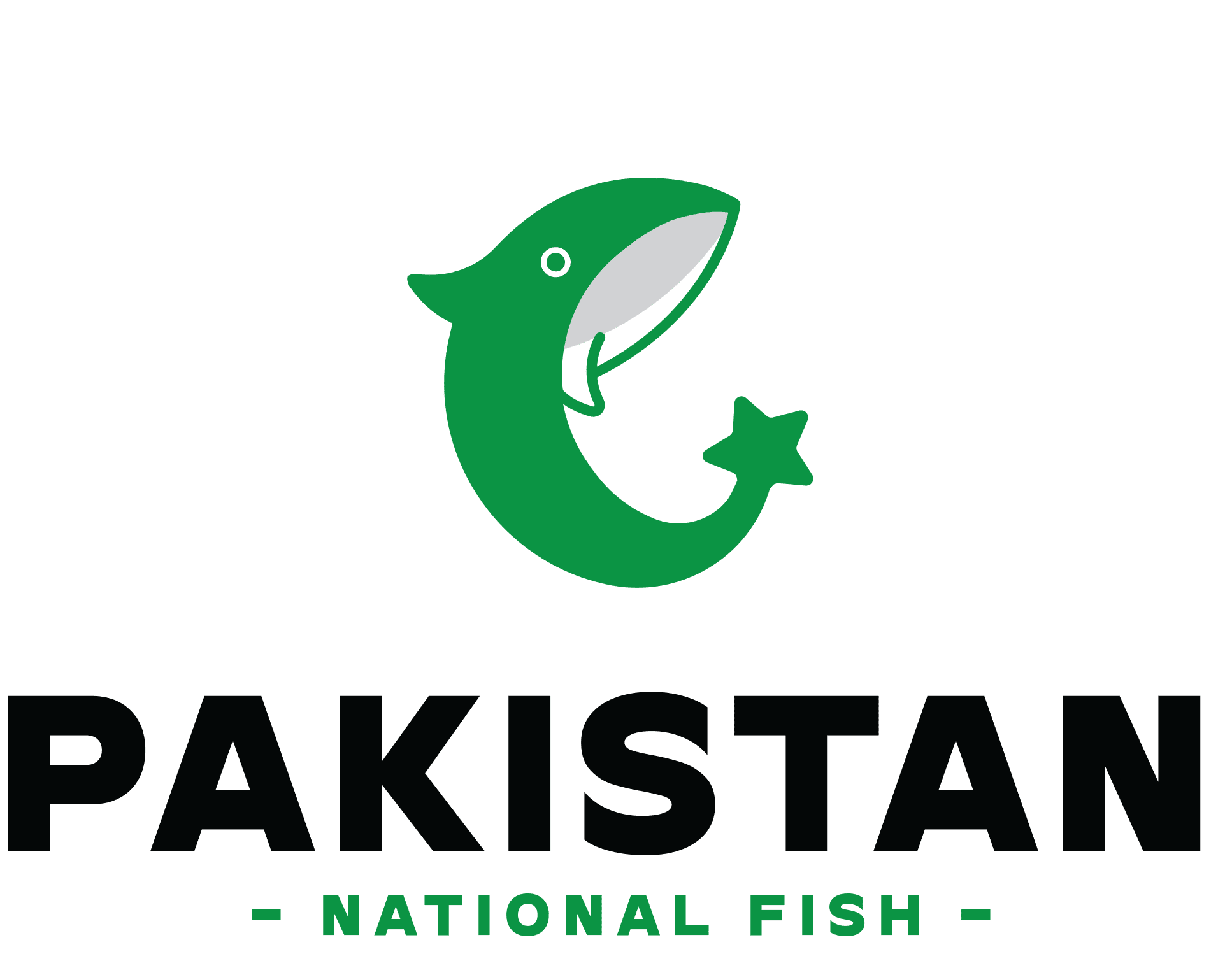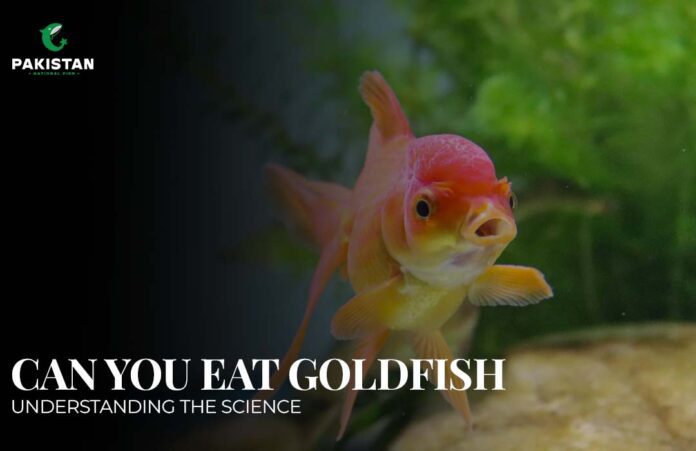Goldfish are among the most famous freshwater fish around the world. They are usually domesticated and found in home aquariums, or with garden pond fish. Described as low-maintenance and beautiful, they’ve been domesticated for centuries.
But what if the question arises: Can you eat goldfish? Some may find this query peculiar, but it is derived from the quest of people wanting to know if other types of meat are edible. To answer this question, we must turn to disciplines such as natural sciences, ethical science, and, finally, gastronomy.
Table of Contents
The Biology of Goldfish
Goldfish are frequently given the scientific name Carassius auratus. They are members of the Carp family and are related to fish like koi fish and common carp. They belong to the Eastern Asia region, where 1000 years ago, animal breeding for ornamental purposes was practiced. They’re omnivores, meaning that they feed on plants, small invertebrates, and commercial fish food.
From the perspective of biology, the goldfish did not appear to be much different from other fish that people eat – trout, tilapia, and the like. They have meat that is high in protein and based on the diet, they have a mild to fishy taste. Nevertheless, they are not the most appropriate to exploit in the fish direction as they are rather small and sanguineous.
Are Goldfish Safe to Eat?
• Water Quality
• Parasites and Diseases
• Chemical Additives
Legal Considerations
It is legal to eat goldfish in different countries and different jurisdictions although in some places it is forbidden to consume them. In some states, goldfish are regarded as pets, therefore it I unlawful to eat them and may fall under the animal cruelty law.
For example, the United Kingdom has its Animal Welfare Act of 2006 that disallows inflicting unnecessary torment on animals, which of course includes pet fish. There are no federal laws regulating the consumption of goldfish in the United States, however, there in local laws that exist.
Ethical Considerations
For many people, the thought of eating goldfish is discomforting because they are known to be pets. Culture makes a distinction between animals that are kept for pets and those animals that are raised for consumption. Normally, eating such fish may be considered wrong, or inhuman if, in fact, the fish was a pet being referred to as a goldfish.
In addition, ethical issues connected with the treatment of animals and living conditions of goldfish participate. Most goldfish dwell in bowls and small containers with limited proper care required thus creating doubt about whether they are treated fairly, not to mention consumption.
Sociopolitical and Historical Considerations
Many civilizations have for a long time valued fish primarily for ornamental purposes rather than for food. As stated earlier, in East Asia, such companies are regarded to bring good luck and therefore may be seen placed in ponds or aquariums with water. In contrast to other members of the carp family, goldfish are not considered to be food fish.
However, there are some narratives and reports that credit goldfish as a sort of an ingredient for food, especially in cases when there is no food at all. Such cases are the rule of the exceptional rather than the general rule.
Culinary Considerations
From a culinary perspective, this preparation of goldfish as a food source turns out to be unfeasible. They are very small and difficult to wash and scale and one may not expect a terrific taste comparable to frequently consumed fish.
If one tries to cook a goldfish, it most probably will need proper cleaning and proper cooking to get rid of parasites and toxins. Techniques such as frying or baking might in a way oxidatively annihilate the fishy taste but the end product will not only look vile and unappetizing but was not worth the exercise.
Alternatives to Eating Goldfish
If the idea is to consider the opportunities connected to the consumption of non-traditional food products, there are certainly better options than goldfish. Meat such as, insects which are environmentally friendly and have high nutritional value are being incorporated into many meals. Like lionfish, other invasive species of fish are also encouraged as food items to solve the problems that they cause to ecosystems.
If you want to quickly get used to carp fishing, then the common carp or koi carp is larger and more suitable for this. These fish are used on many occasions around the world; they can be used in stews or can be fried.
The Verdict: Can You Eat Goldfish?
Goldfish Consumption: Health, Legal, and Cultural Implications:
- Goldfish consumption raises health risks including toxins, parasites, and chemical risks.
- Legal and ethical acceptance depends on the country, state, and society.
- Goldfish consumption is culturally rare and may be considered taboo due to their lack of protein use.
- Despite scientific feasibility, consuming goldfish should not be done due to its value in petting, icons, and companionship.
- If enthusiasm for other food types declines, similar products with practical benefits should be considered.


